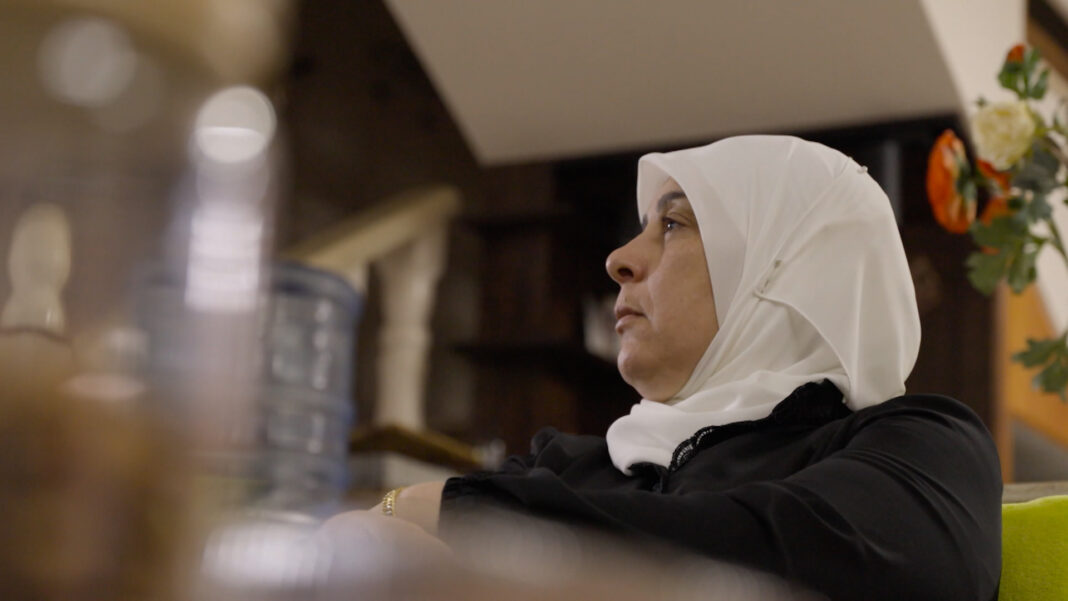President Trump signed an executive order in February establishing refugee status for Afrikaners, the white ethnic minority in South Africa that created and led the brutal system of apartheid.
As part of the executive order, the Trump administration created an expedited path for Afrikaners to resettle in the United States, even as the administration has barred most refugees from countries afflicted by war and famine.
While waiting at the airport in Johannesburg, the passengers said the U.S. Embassy had instructed them not to speak with the news media. The first group of Afrikaners arrived in the United States on May 12.
Who are the Afrikaners?
The Afrikaners who arrived in the United States on Monday are the descendants of the European colonizers who came to South Africa approximately four centuries ago. They later created the brutal system of apartheid in 1948.
Decades after the end of apartheid, some Afrikaners now say they are being denied jobs and have been targeted by violence because of their race.
“No white person in their right mind would stay in this country,” said Jaco van der Merwe, 52, an Afrikaner living in Johannesburg. “I believe South Africa is finished.”
Forty-nine Afrikaners — including parents and children — boarded a flight in Johannesburg to the United States on Sunday night, according to a spokesman for South Africa’s airport authority.
The U.S. State Department said in March that it had received 8,000 inquiries from people seeking information about the refugee program. It is unclear if the U.S. government will admit more families.
Organizations such as the Amerikaners have been set up to help “support disenfranchised South Africans seeking a new future in the United States.” Some leading Afrikaner activists say they would prefer Mr. Trump help their cause at home rather than offer refugee status in the United States.
What does land have to do with it?
Much of the discontent among Afrikaners centers on their experience in rural communities and frustration over land ownership.
Many Afrikaners farm to make a living. During apartheid, the government denied Black South Africans the right to own prime agricultural land. That meant that almost all of the country’s large-scale commercial farms were white-owned enterprises. This remains true today.
Although white South Africans make up only 7 percent of the population, they own farmland that covers about half the country. The South African government has tried to address this inequality with various land reform programs, including the recent Expropriation Act, which allows the government to acquire privately owned land in the public interest without providing compensation to the owner.
When Mr. Trump signed the executive order announcing his plans to resettle “Afrikaner refugees,” he said it was because the South African government had created a system that “racially disfavored landowners.”
Why are Afrikaners being granted refugee status?
Refugees can often wait years before they are processed and approved to travel to the United States. The Afrikaners who arrived on Monday had to wait no more than three months.
The president has equated efforts by the South African government to undo racial inequalities to anti-white discrimination. He said on Monday that the Afrikaners were victims of a “genocide.”
“Farmers are being killed,” he told reporters. “They happen to be white. Whether they are white or Black makes no difference to me. White farmers are being brutally killed and the land is being confiscated in South Africa.”
Police data do not support that narrative, showing that killings on farms are rare and that the victims are mostly Black.
South African officials have described the administration’s moves as politically motivated. Mr. Trump has criticized the South African government for its ties to Iran and for bringing a genocide case against Israel at the International Court of Justice over the war in Gaza.
“It is most regrettable that it appears that the resettlement of South Africans to the United States under the guise of being ‘refugees’ is entirely politically motivated and designed to question South Africa’s constitutional democracy,” Chrispin Phiri, a spokesman for the South African government, said in a statement.
How will they be resettled in the United States?
Mr. Trump said on Monday the United States would grant citizenship to the Afrikaners.
The administration plans to rely on a refugee office in the Department of Health and Human Services to assist with resettlement. The office has reached out to refugee organizations in recent days to prepare for the arrival of the Afrikaners, according to a department memo obtained by The New York Times.
According to the memo, the administration will help the Afrikaners find “temporary or longer-term housing” and “basic home furnishings, essential household items and cleaning supplies.”
The administration is also planning to help the Afrikaners secure “groceries, weather-appropriate clothing, diapers, formula, hygiene products and prepaid phones that support the day-to-day well-being of households,” the memo said.


